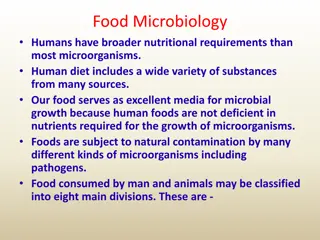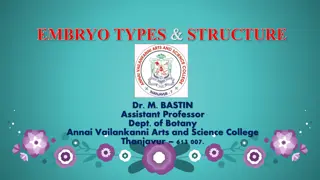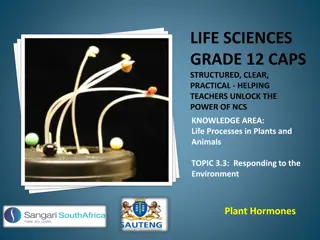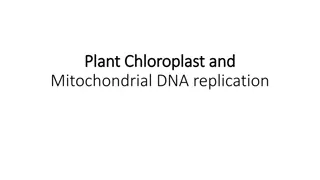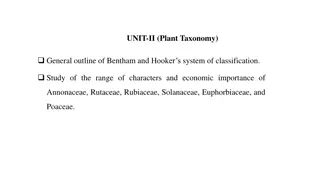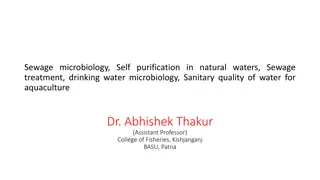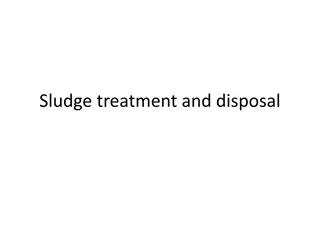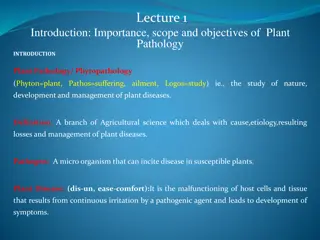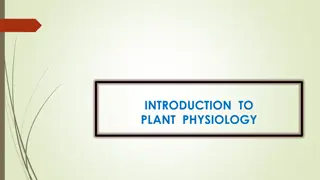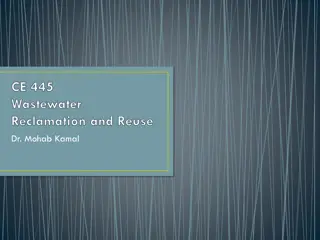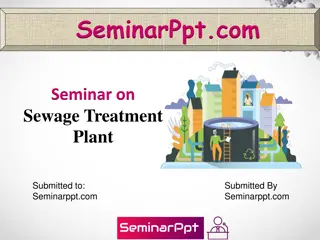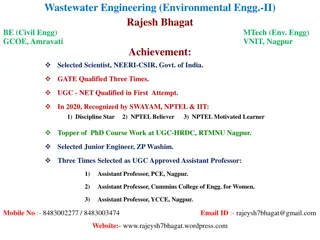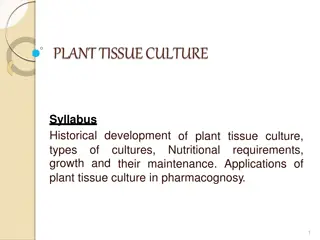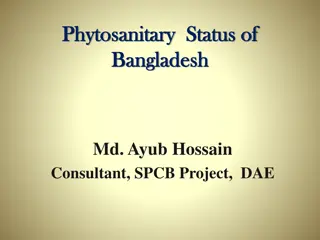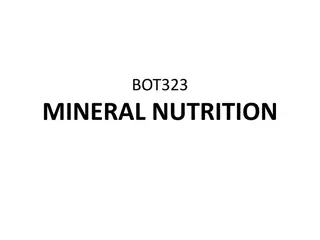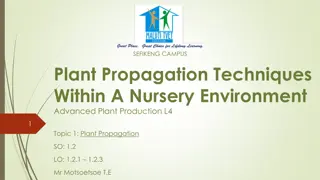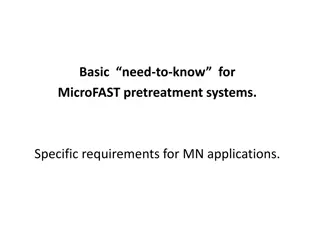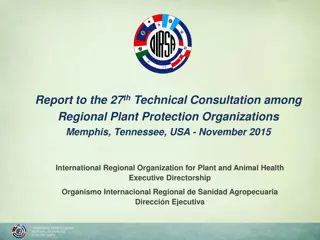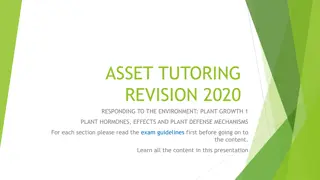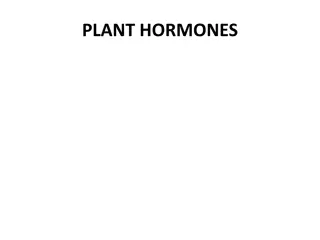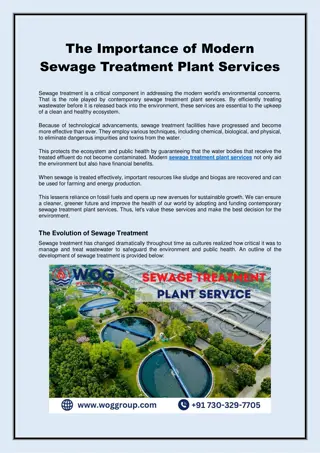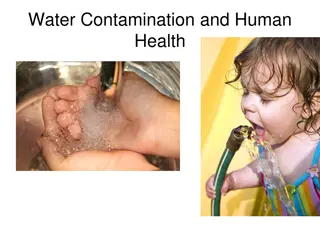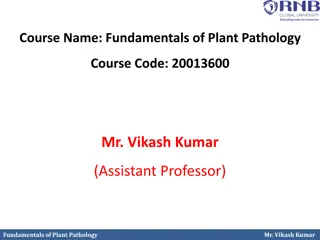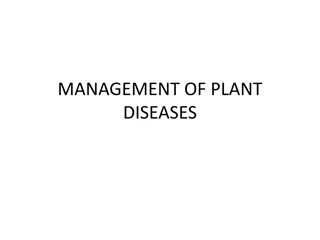Unit 1: Introduction and History of plant pathology
The science of plant pathology, which studies plant diseases and aims to protect the food supply by improving plant survival in unfavorable conditions. Explore the causes of plant diseases, their symptoms, and methods of prevention and control.
5 views • 13 slides
Amway Nutrilite All Plant Protein Powder 1kg Deutsche Post AG
Amway Nutrilite All Plant Protein Powder is a premium source of protein derived from plant-based ingredients. With each serving, you get a blend of high-quality protein to support your active lifestyle and dietary needs.\nAmway Nutrilite All Plant Protein Powder offers a convenient way to supplement
1 views • 4 slides
Treatment Supporter Scheme for Tuberculosis Preventive Treatment Beneficiaries
Treatment Supporter Scheme provides assistance to TPT beneficiaries in completing their treatment. Treatment Supporters can be various individuals including Medical Officers, MPWs, and community volunteers. Their role involves educating beneficiaries about TPT treatment, ensuring medication adherenc
1 views • 21 slides
Marine Pollution Prevention Amendment Bill Overview
The Marine Pollution (Prevention of Pollution from Ships) Amendment Bill aims to incorporate MARPOL Annex IV and Annex VI to regulate sewage treatment, reduce marine pollution, and address ship energy efficiency and GHG emissions. The bill seeks to enhance environmental protection by restricting sew
5 views • 15 slides
Sewage And Drainage At Home Tips: Keeping Your Plumbing System Running Smoothly
One of the most important aspects of owning a home is performing routine maintenance. This involves making sure that your plumbing system is working as it should and that there are no clogged areas that could be causing problems. In this blog post, we will discuss some of the best tips to clean drai
8 views • 6 slides
Challenges and Solutions in Urban Sanitation Infrastructure Planning
Sanitation plays a vital role in promoting public health by preventing human exposure to waste hazards and ensuring proper sewage disposal. This presentation covers key aspects of sanitation, including the generation, collection, treatment, and disposal of sewage in urban areas. It highlights the ga
0 views • 15 slides
Understanding Food Microbiology: Sources of Contamination
Humans have broader nutritional requirements than most microorganisms. The human diet includes a wide variety of substances, making our food excellent media for microbial growth. Natural contamination of food by various microorganisms, including pathogens, is common. Food consumed by humans and anim
0 views • 51 slides
Understanding Plant Embryogenesis: A Comprehensive Overview
Plant embryogenesis is a crucial process in the development of plant embryos from fertilized ovules, involving cell division, differentiation, and morphogenesis. This process leads to the formation of seeds, which play a vital role in the plant life cycle. The stages of embryo formation, structure,
0 views • 25 slides
Understanding Plant Tissue Culture: Methods and Requirements
Plant tissue culture involves the in-vitro culture of plant explants under aseptic conditions, covering cell, organ, and suspension cultures. This process, pioneered by German botanist Gottlieb Haberlandt, relies on the totipotency of plant cells. Key requirements include laboratory organization, su
0 views • 18 slides
Understanding Plant Hormones and Their Functions in Plants
Plant hormones play crucial roles in various plant processes such as growth, development, and response to environmental stimuli. Auxins, gibberellins, and abscisic acid are key plant hormones that regulate tropisms, cell division, elongation, flowering, seed germination, and dormancy. Understanding
1 views • 50 slides
Plant Mitochondrial and Chloroplast DNA Replication Mechanisms
Plant mitochondria and chloroplasts have intricate DNA replication processes. Mitochondrial DNA replication is independent of the plant cell cycle and is associated with specific proteins in nucleoid complexes. Plant mtDNA contains more genes than animal mtDNA, with a complex structure involving int
1 views • 16 slides
Overview of Bentham and Hooker's Classification System in Plant Taxonomy
Bentham and Hooker's system of classification in plant taxonomy, outlined in Genera Plantarum, provided detailed descriptions of families and genera based on original plant dissections. This classification system has practical value for plant identification, with keys for taxa and subdivisions for l
2 views • 47 slides
Understanding Plant Tissue Culture Media and Their Importance in In Vitro Growth
Plant tissue culture media play a crucial role in the in vitro growth and morphogenesis of plant tissues. The composition of culture media depends on the specific plant species and the type of material used for culture. Various types of media, such as White's medium, MS medium, B5 medium, N6 medium,
0 views • 6 slides
Understanding Sewage Microbiology, Water Treatment, and Quality Control in Natural Waters
Dr. Abhishek Thakur, an Assistant Professor specializing in sewage microbiology, self-purification in natural waters, sewage treatment, drinking water microbiology, and sanitary water quality for aquaculture, explains the processes involved in water treatment, sewage and wastewater treatment, primar
0 views • 18 slides
Sludge Treatment and Disposal Methods in Wastewater Management
This comprehensive guide covers various aspects of sludge treatment and disposal in wastewater management processes. It includes information on the composition of sewage sludge, production estimates, sludge content percentages, and calculations for determining sludge volume under different treatment
0 views • 17 slides
Advanced Treatment Processes for Faecal Sludge Management
Treatment processes for faecal sludge management involve various stages including preliminary treatment, primary treatment, secondary treatment, and tertiary treatment. Each stage employs mechanical, biological, and chemical processes to separate, decompose, and remove contaminants from the sludge,
0 views • 7 slides
Understanding Plant Pathology: Importance, Scope, and Objectives
Plant pathology, also known as phytopathology, is the study of plant diseases and their management. It covers the causes, symptoms, and impact of pathogenic organisms on plants. The field aims to understand the interactions between plants and pathogens, develop control methods, and reduce losses in
0 views • 6 slides
Trickling Filter: A Sustainable Wastewater Treatment Solution
The trickling filter is a biological treatment process utilizing a solid media where bacteria accumulate to maintain high populations. Bacteria growth occurs on the media surface with oxygen provided by air diffusion. As bacteria metabolize waste, they reproduce, creating a biological layer. Filter
5 views • 26 slides
Introduction to Plant Physiology: Exploring the Functioning of Plants
Plant physiology is a crucial subdiscipline of botany that delves into the processes and functions operating within plants. This field closely examines areas like plant morphology, ecology, cell biology, and genetics, shedding light on vital processes such as photosynthesis, respiration, and more. T
1 views • 7 slides
European Standards for Plant Biostimulants Development
The European Committee for Standardization (CEN) plays a crucial role in developing European standards for plant biostimulants, focusing on improving plant nutrition processes independently of nutrient content. The CEN/TC.455 committee is responsible for creating standards supporting the EU Fertilis
2 views • 5 slides
Aquatic Treatment Systems for Wastewater Reclamation and Reuse
In aquatic systems, wastewater treatment involves bacterial metabolism and sedimentation, with aquatic plants playing a role in improving treatment capabilities. This article discusses the functions of aquatic plants in treatment systems and the categories of wetlands used for wastewater treatment,
1 views • 15 slides
Understanding Plant Tissue Culture: Techniques and Applications
Plant tissue culture involves maintaining and growing plant cells, tissues, or organs in artificial mediums under controlled conditions. It allows the regeneration of whole plants from small plant parts or cells. Hormones like auxins, cytokinins, and gibberellins are used in the process. Proper envi
3 views • 5 slides
Comprehensive Overview of Sewage Treatment Plant Processes and Energy Generation
This seminar presentation dives deep into the world of sewage treatment plants, covering definitions, introduction, STP treatment stages (including primary, secondary, and tertiary treatments), energy generation through microbial fuel cells, and biogas generation. It emphasizes the importance of tre
0 views • 15 slides
Understanding Sewage Treatment Systems and Septic Tanks
Sewage treatment is the process of removing contaminants from wastewater and sewage, involving physical, chemical, and biological processes. Sewage is mainly liquid waste generated by humans, comprising washing water, urine, feces, and more. It can be treated in septic tanks or municipal treatment p
0 views • 19 slides
Understanding Wastewater Engineering: Characteristics, Treatment, and Standards
Wastewater engineering involves studying the characteristics of wastewater, such as its strength and composition, to design effective treatment systems. This field covers topics like conventional sewage treatment plants, types of wastewater based on strength, and effluent standards for disposal. Und
1 views • 54 slides
Understanding Wastewater Treatment Process Through Images
Screening devices and grit chambers play crucial roles in sewage treatment plants to remove coarse solids and suspended solids like sand and metal fragments. The aerated grit chamber helps separate organic and inorganic solids efficiently, ensuring the effectiveness of biological treatment and mecha
3 views • 9 slides
Plant Tissue Culture: Historical Development, Techniques, and Applications
Plant tissue culture is an experimental technique that involves the in-vitro cultivation of plant cells to produce secondary metabolites, regenerate plants, and study organogenesis. This process allows for the maintenance of disease-free plant material, biosynthetic pathway tracing, and cell immobil
0 views • 21 slides
Understanding Plant Meristems and Growth Patterns
Explore the fascinating world of plant meristems, the small clumps of cells responsible for elongation of roots and shoots, as well as the different types of primary meristems and their roles in plant growth. Learn about apical and lateral meristems, primary tissues, and the organization of the plan
0 views • 33 slides
Plant Tissue Culture Methods for Growth and Reproduction Study
Plant tissue culture methods such as root tip culture, shoot-tip culture, leaf culture, flower culture, and anther and pollen culture allow for the study of growth, reproduction, and genetic variations in plants. These techniques involve culturing various plant parts under sterile conditions to inve
1 views • 20 slides
Understanding Plant Quarantine and Phytosanitary Measures
Plant quarantine involves efforts to prevent the entry, establishment, or spread of foreign pests through legal restrictions on plant and plant product movement. It is crucial for safeguarding plant health, food production, and ecosystems. Phytosanitary measures aim to ensure the health of plants by
0 views • 33 slides
Understanding Mineral Nutrition in Plants
Mineral nutrition in plants involves the acquisition of essential elements in the form of inorganic ions from soil, followed by their absorption and utilization in various plant processes. Around 60 different elements have been reported in plants, with 30 being essential for plant growth. These esse
0 views • 39 slides
Plant Propagation Techniques in Nursery Environment
Learn about plant propagation techniques within a nursery environment, including nursery operations, potting seedlings, plant protection, weed control, packing of nursery plants, and crafting tissues for plant growth. Explore the essential tasks involved in nurturing seedlings and trees before they
0 views • 17 slides
Understanding MicroFAST Pretreatment Systems for MN Applications
MicroFAST pretreatment systems are Fixed Activated Sludge Treatment units that provide effective sewage treatment by utilizing media for bacterial growth. These systems come in various sizes for residential use and can achieve high treatment levels with proper maintenance. Understanding the layout a
0 views • 26 slides
Plant Health Initiatives at the 27th Technical Consultation Among Regional Plant Protection Organizations - Memphis, Tennessee
The 27th Technical Consultation in Memphis, Tennessee focused on plant health initiatives by the International Regional Organization for Plant and Animal Health. OIRSA emphasized four key technical areas: plant health, animal health, agricultural quarantine, and food safety. Projects included addres
0 views • 13 slides
Plant Growth Hormones and Defense Mechanisms: Understanding Plant Responses to the Environment
Plant growth hormones and defense mechanisms play crucial roles in how plants respond to environmental stimuli such as water, sunlight, gravity, and more. From auxins promoting cell growth to gibberellins stimulating flowering, this presentation educates on the intricacies of plant hormones and thei
1 views • 13 slides
Understanding Plant Hormones and Their Role in Growth and Development
Plant hormones are vital compounds that regulate various processes in plant growth and development. They are mostly organic and can be gases. These hormones are produced in one part of the plant and transported to other parts where they induce physiological effects. The main phytohormones include Au
0 views • 125 slides
The Importance of Modern Sewage Treatment Plant Services
We want to construct a wastewater treatment facility that is basically flawless and eco-friendly. The WOG Group is a collaboration of scientists and engineers devoted to improving sewage systems. \/\/woggroup.com\/brewery-waste-water-plant.html\n
1 views • 5 slides
Water Contamination and Human Health: Causes, Types, and Examples
Water contamination poses a significant risk to human health, caused by various pollutants such as microorganisms, chemicals, industrial wastes, and sewage. Common sources include human and animal sewage, industrial emissions, pesticides, and agricultural runoff. Different types of contaminants incl
0 views • 25 slides
Exploring the Fundamentals of Plant Pathology: Understanding Viruses in Plant Diseases
Delve into the world of plant pathology with Mr. Vikash Kumar, as you learn about the nature, structure, and transmission of viruses affecting plants. Explore the important characteristics of plant viruses, their unique properties, and how they interact within plant cells. Gain insights into viral d
0 views • 14 slides
Overview of Plant Quarantine and Disease Management
Plant quarantine is a crucial practice that involves regulating the movement of plants and plant products to prevent the spread of pests and diseases. Originating with the first law in France in 1860, plant quarantine now encompasses various methods such as embargoes and inspections to safeguard pla
0 views • 11 slides






